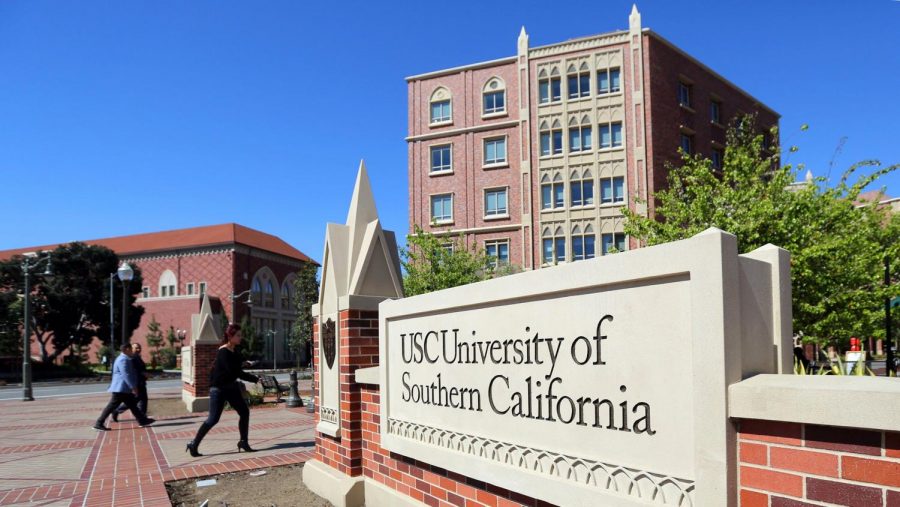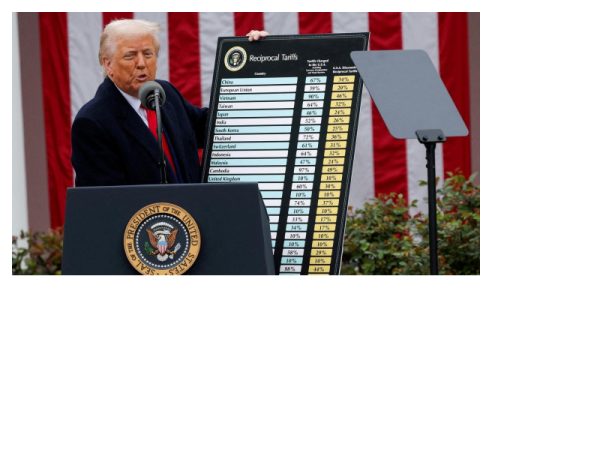The Pitfalls of Chasing College Prestige
As this year’s college applications frenzy comes to a close, everyone is being reminded of the stress, anxiety, and pressure associated with decisions. At the root of the problem lies the hierarchy of college prestige in the US. Every parent wants their child to attend a world class university—you know, the ones that pop up first on Niche. But is it really worth it to pursue prestige at the cost of a meaningful career, mental health, and a ludicrous amount of tuition? Contributing to the widening wealth gap in the country as well as the toxic culture in high school educational institutions, college prestige is a serious issue that needs to be deconstructed.
The primary issue with institutions that are considered “prestigious” is the way they shape students’ futures. When analyzing the career choices of graduates, we are able to see a clear problem with these schools. The problem lies within the industry mindset. More than half the Princeton’s student body goes into investment banking or consulting every year and in 2017, 40% of Harvard graduates took consulting or finance jobs. This pattern is seen within almost every selective university. A majority of students go into finance, consulting or banking, working for Fortune 500 companies.
At first, it appears to be nothing more than an innocuous pattern- practical college grads have their eye on the dough. But when taking a closer look, the underlying problems become clear. One of the problems here is that there is seldom another pathway for graduates. In selective universities, especially private ones, the tuition costs are generally over $50k a year, making student debt a leading reason for students to choose finance. Thus, when these students are given the opportunity to make an unimaginable amount of money, tied up in a neat package with a bow on top, it would be ridiculous to not go for it. Another reason this industry mindset is harmful to students is because it perpetuates the unhealthy mentality of prestige. A mentality wired around chasing prestige is often adopted in high school and sticks with students through college, removing career opportunities and mental health. James Kwak, a law professor and Harvard graduate, analyzes the problem in his article, “Why Do Harvard Kids Head to Wall Street?” He explains that a typical Harvard undergraduate is “driven more by fear of not being a success than by a concrete desire to do anything in particular.” He adds that since these students have been overachieving their entire lives, they feel the need to take on the most prestigious opportunity they can in the next phase of their life. Thus, they choose to join the financial sector, or more specifically, one of the megacorporations like Goldman Sachs and JPMorgan.
The erasure of choice in a career path is unbelievably detrimental to the students and society as a whole. There’s absolutely nothing wrong with choosing a career in finance, but it does need to be said: there’s not much societal benefit to having a majority of the country’s brightest locked away working on financial reports for ethically questionable companies. While major financial and consulting firms pluck away thousands of Ivy League graduates every year, it creates an unconvention sort of brain drain. Fewer students are able to go into other fields that they could have specialized in, taking away immense potential from the education sector and healthcare industry. As Indra Sofian, the writer of Medium article “How Top-Performing College Grads Fall Into the ‘Prestige Career’ Trap” puts nicely, “Surely there must be a better place in society for a computer science Ph.D. than a hedge fund’s tech department.” Essentially, the structures and pathways within current prestigious US universities are squandering potential at the very least. Not to mention, it’s well known that these schools have dreadful levels of competition and toxicity, which are all tied to the notion of prestige at said schools. In addition to gifting their students with a renowned Ivy League education, these colleges don’t hesitate to bestow their graduates with a toxic environment, student debt, and a (really sad) future in finance.
In addition, the idea of prestige is inherently problematic. Universities like USC publicize an insane amount to get as many applications as possible, just so they can flaunt their selective acceptance rate. Other selective colleges hike up their tuition to show the value of their education, watching the cash flow in. Plus, most of these colleges leave openings for legacy students and donors, awarding a prestigious background with a prestigious education. According to the Equality of Opportunity Project, at selective colleges, “more students come from families in the top 1 percent of the income distribution than the bottom half of the income distribution.” These statistics are not new. Yet, nobody is able to do anything about it. From here, the rich get richer and the wealth gap widens. Tuitions rise while acceptance rates fall.
Some argue that prestigious universities still do provide more researchers via increased funding. After all, it is undeniable that the wonderful resources and people can be found at these colleges. And that is all true. These institutions do well because they have done well in the past, because they have money and influence. However, at the end of the day, it’s a question of whether we want to continue endorsing this hierarchical structure in our secondary education. The most renowned universities aren’t the only universities that can make leaping advancements in technology or produce great research. There are thousands of schools that you can apply to that will accommodate your educational and financial needs better than Harvard or Yale. Besides, no one will remember the prestige of your undergraduate education in 10 years, but you will remember which opportunities you ended up taking advantage of.







